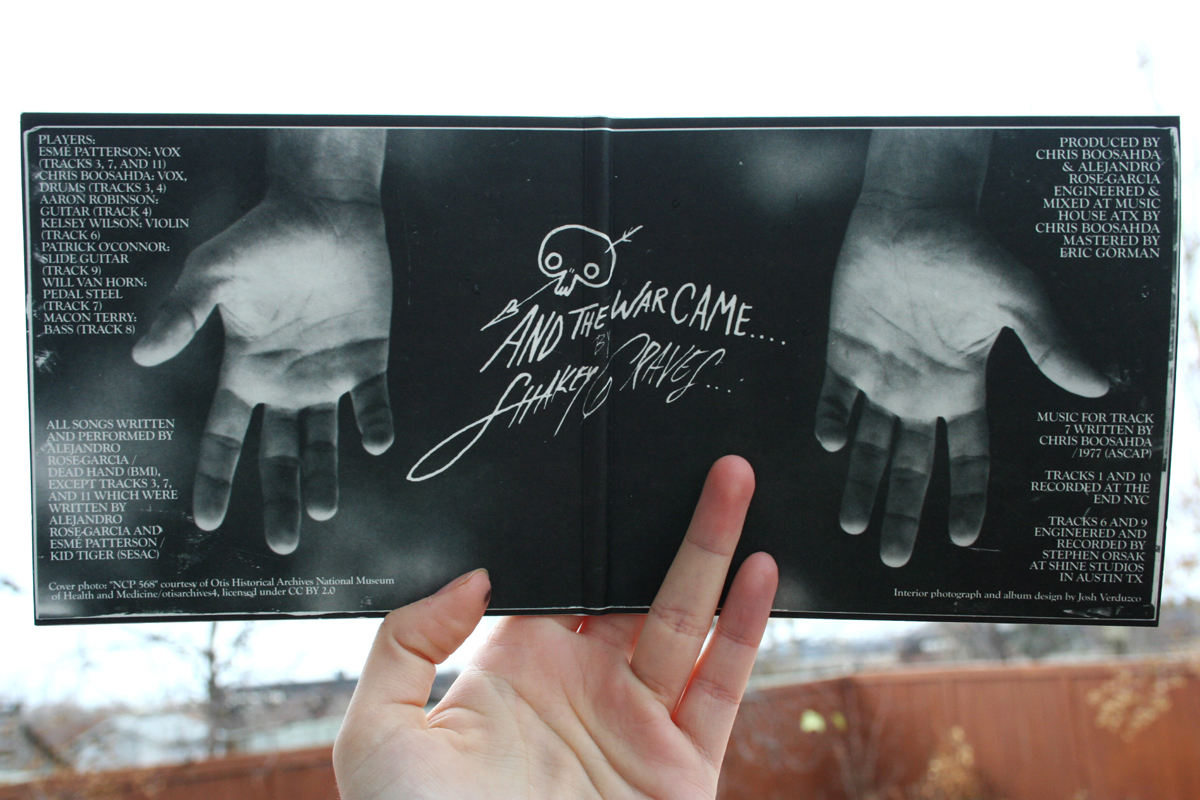The University of Manitoba Symphony Orchestra begins its second year under Maestro Richard Lee this week on Oct. 27 with the first of four performances scheduled for the year. The first concert includes works by American greats Leonard Bernstein and George Gershwin, Russian romantic Aleksandr Borodin and the University of Manitoba’s own Robert Turner.
Maestro Lee, who determined this program, explained that his choice of music is based on criteria both practical and aesthetic. “First of all, you want to choose pieces that are musically interesting and valuable,” he said. “But you always think pedagogically as well: what are they likely to play? What is likely to be in auditions, if and when they choose to go that route?”
UMSO’s purpose is primarily didactic. Many of the university’s most talented musicians audition for a place in the orchestra, hoping to gain valuable experience that could help them succeed professionally after graduation. “This kind of exposure to rehearsals — knowing your part, being able to play in such a large ensemble — is critical,” said Minna Chung, professor of cello and coordinator of orchestral studies. “And to be able to do that for the whole time you’re here, the next four years, is a really valuable experience.”
Maestro Lee, now professor of orchestral conducting at the University of Manitoba and resident conductor at the Winnipeg Symphony Orchestra, came to Winnipeg less than two years ago from Quebec City, where he was a conductor at the Orchestre symphonique de Québec. Prior to that, he worked in Thunder Bay. Lee, a native Torontonian, studied primarily at the University of Toronto, earning his bachelor of music and master of music there, but also earned a bachelor of education at Queen’s.
As conductor, Lee plays an important role in helping the orchestra’s students learn the most from this experience — more so than he does at the WSO, for example. “In a sense, [conducting students is] more fun, because students require more guidance,” he said. “Professional orchestras don’t. It really becomes almost automatic and that becomes less exciting.”
The students also get regular guidance from other professionals. “We have principal player from the symphony [and] section leaders from the Winnipeg Symphony Orchestra who come in out of their own time,” said Chung. ”[They] sit in rehearsal, sit right next to the students and guide them and let them know what they need to listen for.”
Student orchestras are common throughout the university world. “The majority of instrumentalists, if they perform for a living, will be in orchestras,” said Lee, who played in and conducted student orchestras during his time in university. “So it makes sense for universities and faculties of music, conservatories of music who are serious schools would have some sort of orchestra where they could train to play in ensembles.”
This year, the UMSO will give four performances, featuring the work of composers from Beethoven to Berg. The second concert takes place Nov. 24 and consists of work by Corelli, Handel and Bach. “The third concert [Feb. 16, 2011] is neo-Viennese music,” explained Lee, referring to compositions by Alban Berg and Arnold Schoenberg, “which is really challenging, but really important to play.” The fourth concert, which takes place April 6, 2011, includes music by Beethoven, Haydn and Canadian composer Michael Matthews.
The UMSO may not yet be at the level of a professional orchestra, but it remains worth listening to. Especially since, according to Lee: “This orchestra’s getting better all the time.”
Each of the year’s four performances will be held at 7:30 p.m. in the Great Hall of University College. Admission is $5 for students and $10 for all others. See the faculty of music website’s announcements for more information.



